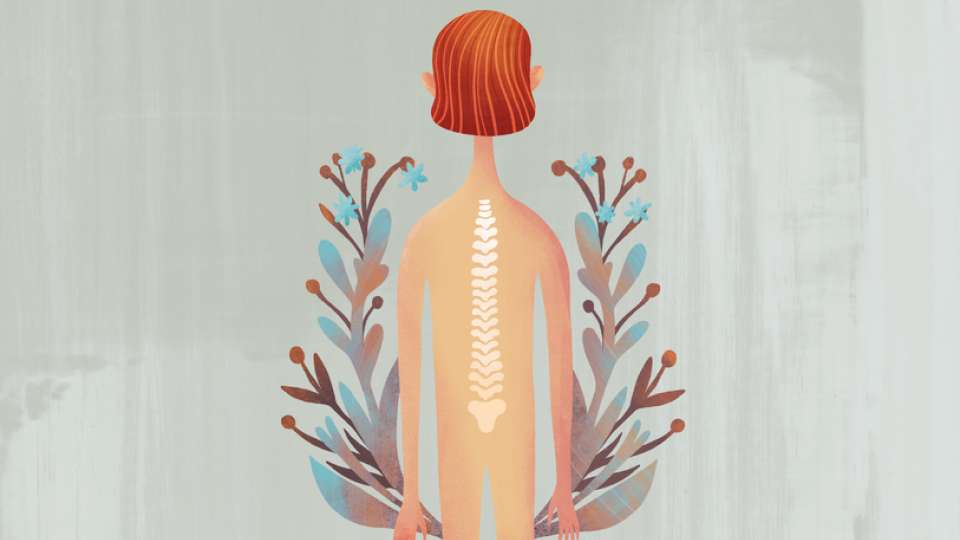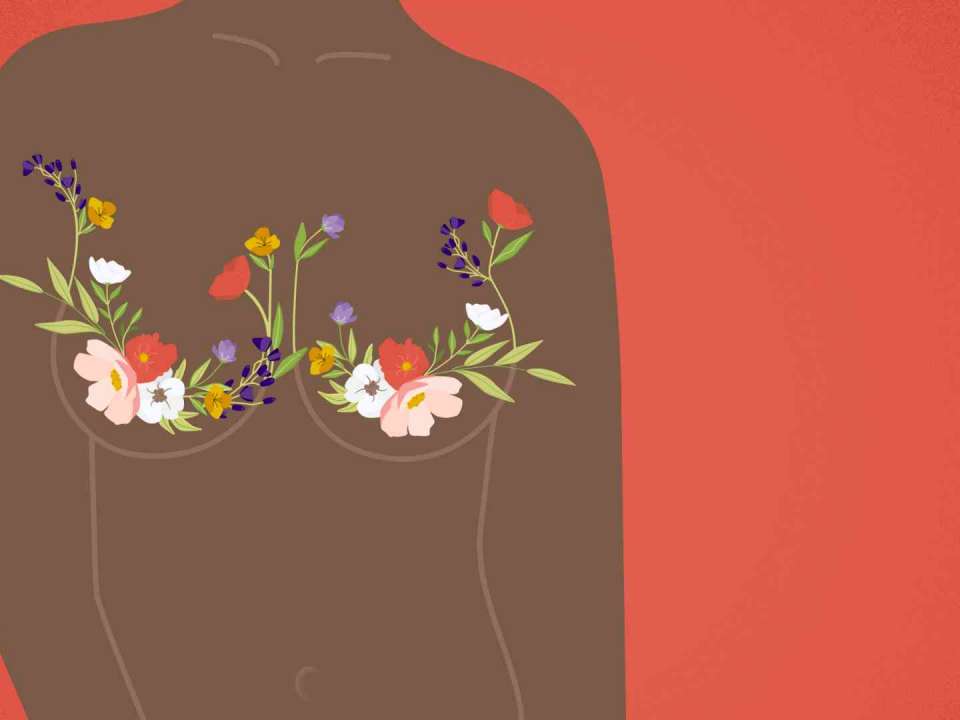
Your back is aching. Again. And it’s starting to interfere with your life.
Low back pain is the top cause of disability worldwide. It’s a complicated problem: There’s no one thing that causes back pain, and the solutions can look different for each person.
But getting to the heart (or, should we say, the spine) of what’s causing your pain is key to treating it. Did you hurt yourself? Is it just a normal part of getting older? Or is it possible you have one of the more common back problems: a herniated disk?
What exactly is a herniated disk?
Your spine is made of bones called vertebrae. In between each vertebra is a disk that acts as a cushion between the bony vertebrae and allows your spine to be more flexible. The vertebrae and disks are stacked on each other.
These disks have two layers: a tough yet flexible outer ring and a softer, gel-like (or jelly-like) center.
Sometimes, especially as you age, a disk in your spine may bulge out a little beyond the nice, stacked line of the other disk and vertebrae in a fairly uniform way that doesn’t cause any symptoms. This isn’t considered a herniation.
A spinal disk herniation, aka a herniated disk, happens when the inner ring of the disk ruptures into the outer part or beyond and sometimes pushes against a spinal nerve. Herniation can be associated with family history, health problems, age, injury or physical inactivity and weak core muscles.
Both sound pretty awful, right? And they can be — but not always.
How painful is a herniated disk?
Unsurprisingly, a sudden herniated disk can be painful, especially in the lower back. The pain may be continuous or may start in the low back or butt and travel down the leg. Herniation can also cause symptoms like leg numbness or weakness due to the disk pressing against or irritating nearby nerves. Surprisingly, a herniated disk doesn’t always cause pain.
Among people who have a true disk herniation, as many as one in every four or five people won’t be in pain, says Dr. Joseph Ihm, a physical medicine, rehabilitation and sports medicine specialist who treats patients at the Spine Center at Harborview Medical Center.
Size can matter, too. Smaller herniations are less likely to cause symptoms than larger ones, though some people can have a large herniation and not suffer much from it.
“Studies have looked at MRIs and watched people to see if pain will come in the future, but there aren’t helpful ways to predict future pain just from an imaging study,” Ihm says.
To complicate things further, someone could have a herniated disk and pain, but the pain isn’t caused by the disk.
Many, many things can cause back pain, from not being physically active to having poor core strength to overexercising to things like genetics and even emotional stress.
Determining what’s causing your pain is a doctor’s job, as there’s no real way to tell on your own without getting an exam or scan like an MRI or X-ray done, Ihm says.
Surgery will fix a painful disk herniation … right?
Not so fast. Surgeries for disk herniation or back pain involve removing the herniation, but surgery is not necessarily the best option for people who have disk herniation.
“For some people a diskectomy will make their low back pain better, but for other people, it won’t,” says Ihm. “Diskectomies work best for treating leg pain due to a disk herniation that puts pressure on a nerve root.”
Since back pain is complex and may not solely be caused by a herniation, other nonsurgical treatment options can make a difference. This long (but not exhaustive) list includes: physical therapy, chiropractic care, acupuncture, epidural spinal injections, medications, massage, meditation and gentler exercises like walking, yoga, Pilates or tai chi.
“Depending on the severity, the focus is either on more intensive pain relief or on therapy and lifestyle changes; if possible, I focus on the latter as much as I can because I want to give people agency to take care of themselves now and in the future,” Ihm says.
It’s important to work with your doctor to find ways to create your own pain relief versus solely relying on pain medication. That doesn’t mean taking pain medicine is bad — sometimes it’s necessary — but whenever possible, it’s helpful to have multiple ways of finding relief since pain can impact so many different aspects of someone’s life.
Is it possible to prevent disk herniation?
Like many medical conditions, nothing you do will guarantee you don’t get a herniated disk. Sometimes, a herniated disk just happens — it’s not necessarily caused by a specific activity. But some things can make it less likely to happen.
Activities that put pressure on your spinal column can contribute to the development of disk herniation. And you know which everyday activity causes the most spinal pressure? Sitting.
“Amongst the basic activities we do every day, prolonged sitting puts significant pressure on the disk,” Ihm says. “People who do heavy labor or who don’t do enough physical activity seem to also be at higher risk for back pain.”
There are many ways to try to reduce back pain, whether it’s from a herniated disk or not. Sitting less, exercising and moving more, reducing stress and, if you’ve gone to a doctor, sticking with your treatment plan, can all make a difference.
“Some people have difficulty doing even the basic recommendations. If they’re sitting all day, and that’s the most painful position for them, some people don’t see a way to change their behavior,” Ihm says.
This is a problem because it means people aren’t getting effective pain relief. So, if you’re having a hard time cutting things out of your life that cause back pain, think creatively:
- Try a sit-stand desk.
- Try a setup that allows you to walk or exercise while working, even for brief periods of time.
- Take frequent breaks to stand up and move around.
- Take a short walk each day.
- Try taking meetings on your phone while you walk.
- For some people, losing weight and quitting smoking can be helpful.
Ultimately, your back health is crucial for your overall health and well-being — and it’s worth investing time and energy in it.

 Healthy ideas for your inbox
Healthy ideas for your inbox





